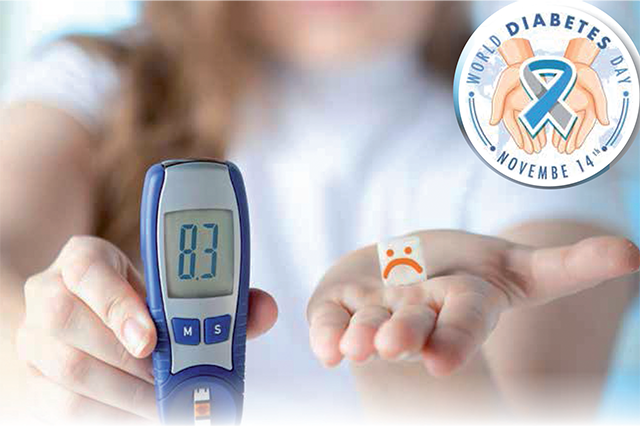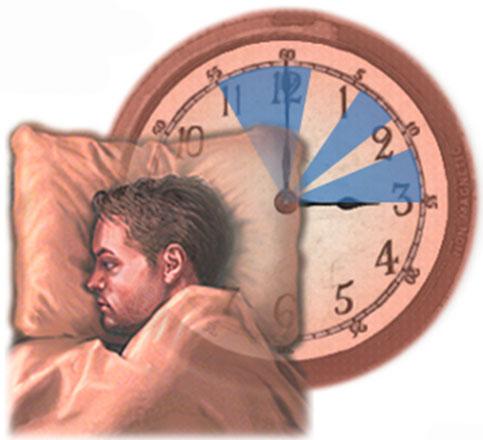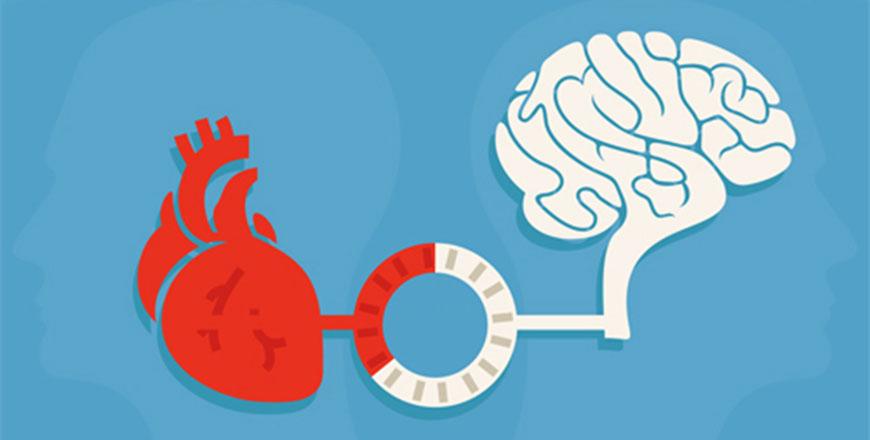You are here
Diabetes & Depression Breaking the Cycle
By Hind Yousef , Family Flavours - Dec 11,2023 - Last updated at Dec 11,2023

Photo courtesy of Family Flavours magazine
By Hind Yousef
Clinical & Health Psychologist
In the intricate tapestry of human health, the interplay between physical and mental well-being is profound. One such intersection is the intricate relationship between diabetes and depression.
Both are formidable health challenges on their own, but the convergence of these conditions can create a distressing cycle that affects millions worldwide.
Exploring the deep-rooted connection between diabetes and depression is crucial in order to provide comprehensive care and support for those grappling with this challenging dual burden.
The link
Diabetes, characterised by high blood sugar levels, disrupts the body’s ability to regulate glucose effectively.
Depression, on the other hand, is a complex mental health disorder marked by persistent feelings of sadness, loss of interest and a general sense of hopelessness.
The connection between these seemingly distinct conditions goes beyond mere coincidence; there are biological, psychological and lifestyle factors that link them in a complex web.
The biological link between diabetes and depression lies in the intricate hormonal and neural pathways that govern both conditions. The chronic inflammation associated with diabetes can impact brain function and neurotransmitter activity, potentially contributing to the development of depression.
The psychological toll of managing diabetes — constant monitoring, dietary restrictions and potential complications — can lead to heightened stress levels and, consequently, an increased risk of depression.
Lifestyle
Lifestyle factors also contribute to the convergence of diabetes and depression. Sedentary habits, unhealthy eating patterns and lack of physical activity can contribute to both conditions. The challenge of adhering to diabetes management routines might exacerbate feelings of frustration and distress, potentially leading to or worsening depression. Conversely, depression might hinder the motivation to engage in self-care activities, creating a detrimental cycle.
A vicious cycle
The relationship between diabetes and depression is often a vicious cycle. Diabetes can lead to an increased risk of developing depression due to the physiological and psychological burdens it places on individuals.
Simultaneously, depression can impact the
management of diabetes by compromising medication adherence, dietary choices and physical activity, thereby worsening blood sugar control.
Recognising the interconnection between diabetes and depression is the first step towards providing holistic care.
Addressing both conditions simultaneously can significantly improve outcomes. Integrated treatment plans that incorporate medical interventions, psychological support and lifestyle modifications can break the cycle and empower individuals to manage their health more effectively.
Mental health support
Mental health support is crucial for individuals dealing with the dual challenges of diabetes and depression.
Counselling, therapy and support groups can provide a safe space to discuss emotional struggles, develop coping strategies, and foster a sense of belonging.
Healthcare providers play a pivotal role in identifying signs of depression in individuals with diabetes and ensuring timely interventions. Promoting healthy lifestyle changes is vital.
Encouraging regular physical activity, balanced nutrition and stress-reduction techniques can help manage both conditions.
Education
Educating individuals about the intricate relationship between diabetes and depression can empower them to make informed choices to prioritise their mental and physical well-being.
The unfortunate connection between diabetes and depression highlights the need for a comprehensive approach to healthcare — one that addresses the intricate interplay between physical and mental health.
By recognising the factors that link these conditions and providing integrated care, we can work towards breaking the cycle and offering a brighter future for those affected.
Through education, awareness and empathy, we can bridge the gap between diabetes and depression, fostering a healthier, happier society for all.
Reprinted with permission from Family Flavours magazine
Related Articles
People who have disrupted sleep cycles or less variation in their activity levels around the clock may be more likely to have depression, bi
Adults with mood disorders like anxiety and depression may be more likely to have a heart attack or stroke than people without mental illnes
A saliva test for teenage boys with mild symptoms of depression could help identify those who will later develop major depression, a new study says.

















